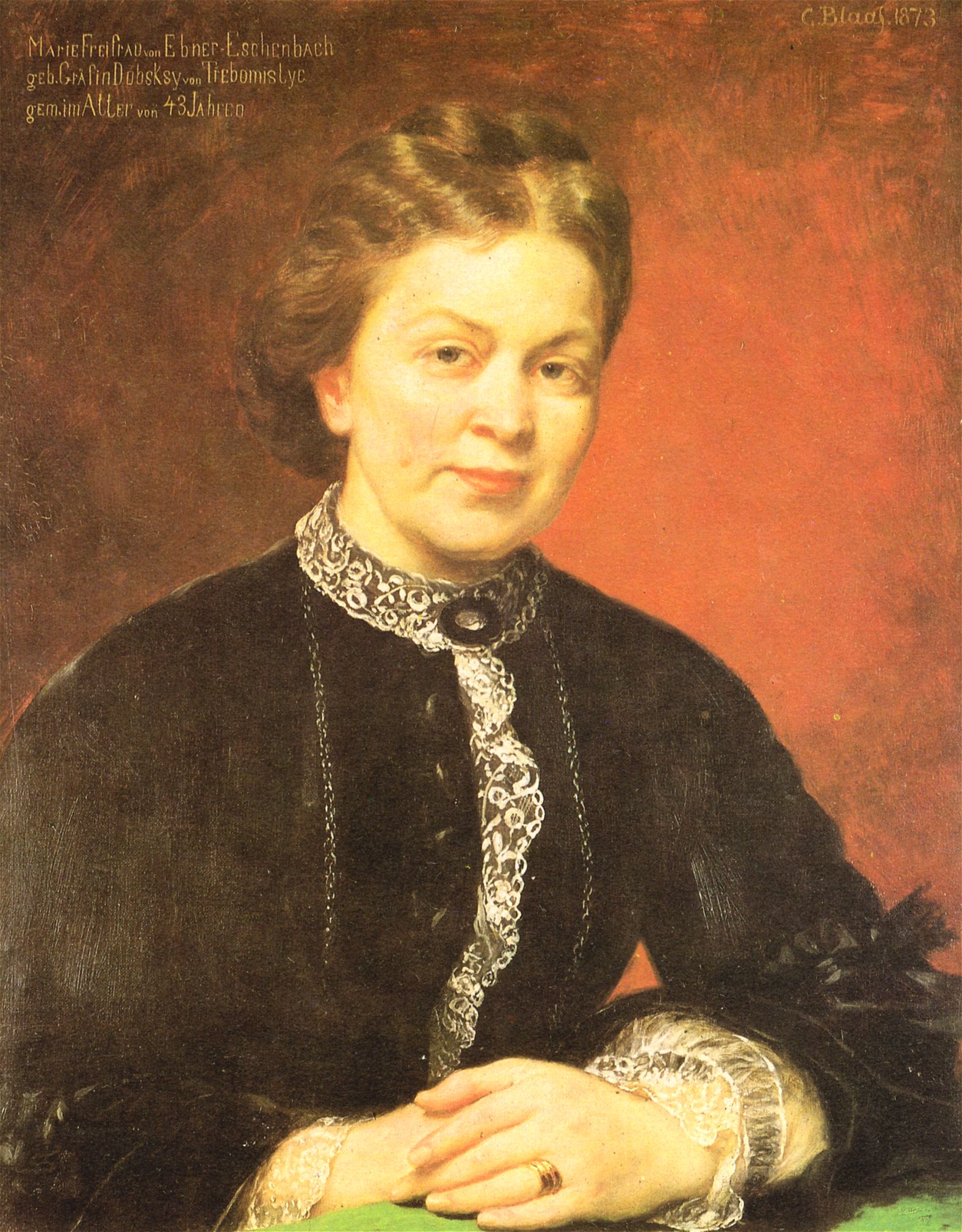“Ninguém escreve como um deus se não sofreu como um cão.”
Es schreibt keiner wie ein Gott, der nicht gelitten hat wie ein Hund.
Aphorismen - página 188, Marie von Ebner-Eschenbach - Gebrüder Paetel, 1906 - 210 páginas
